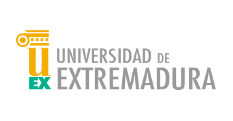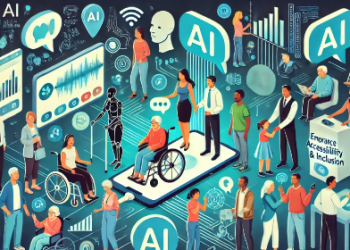Purpose This study aims to define the “smart tourism employee” and explore how combining technological and interpersonal skills helps tourism workers adapt to emerging technologies. Design/methodology/approach A qualitative-quantitative methodology was used, proposing 22 indicators related to defining the “smart tourism employee.” Findings Analysis of 883 responses from hotel employees across Spain using SmartPLS 4 revealed the crucial role of both technological and interpersonal skills and the importance of periodic evaluation aligned with hotels’ innovation orientation. Practical implications The study highlights that enhancing hotel competitiveness through technology requires employees who can effectively use the latest technological advances for customers. Originality/value Unlike prior research focusing solely on technological aspects in the tourism sector, this study emphasizes the need for comprehensive training of employees in technology use.
Tourism and sustainability in times of COVID-19: The case of Spain
The aim of this paper is to study the effects of the spread of the COVID-19 virus in different regions...
Read more








